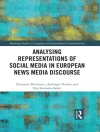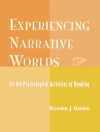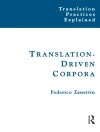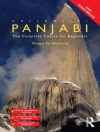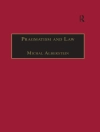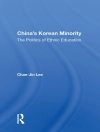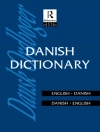This book explores the ways in which language is understood in diverse contexts, and how linguistic theories – and the idea of language as an object – fail to represent a reality that is inherently multi- and trans-. The chapters tease out the way that an understanding of language as a social practice, and the central role of the speaker(s) and their repertoire, allows for a more nuanced interpretation of language in contexts ranging from English as an international ‘neutral’ language in research and teaching, to the importance of life trajectories and multilingualism in the development of theoretical perspectives. The book offers a glimpse of a decolonial linguistics that recognizes the importance of entanglement – between languages, between the North and South and between the personal and the theoretical.
สารบัญ
Contributors
Cécile Vigouroux: Foreword
Sinfree Makoni, Unyierie Idem, Edwin Dartey and Bassey Antia: Introduction: Political and Linguistic Entanglements
Chapter 1. Sinfree Makoni and Henry Widdowson: In Conversation
Chapter 2. Lynn Mario de Souza: Southernizing Linguistics
Chapter 3. Ofelia García, Ricardo Otheguy and Sinfree Makoni: In Conversation
Chapter 4. Susan Gal and Judith Irvine: Signs of Difference: A Conversation
Chapter 5. Joseph Errington: Living with Lingua Francas: English in Indonesia and Indonesian
Chapter 6. Stephanie Rudwick: Southernizing the Study of English as a Lingua Franca
Chapter 7. Ellen Hurst: African Youth Language Research: Stylects and Decolonial Practice
Chapter 8. Rachel Wicaksono: Ontologies of English: In Applied Linguistics, TESOL and Beyond
Chapter 9. Mary Louise Pratt: Epilogue
Chapter 10. Yecid Ortega: Palabras Finales
Index
เกี่ยวกับผู้แต่ง
Edwin Appah Dartey is a Ph D candidate in the Department of Applied Linguistics and the African Studies Program at Pennsylvania State University, USA. His research interests include language policy and planning, multilingualism and southern epistemologies. Edwin’s recent works have appeared in the Journal of English for Specific Purposes, Current Issues in Language Planning and the International Journal of Multilingualism.


